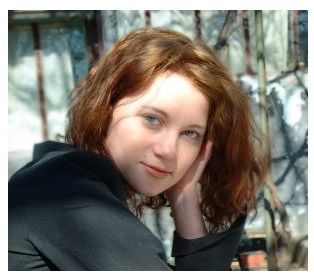The Danger of Treating Teens Like Children (original) (raw)
 The age of maturity keeps changing. At one time a child was considered an adult when they reached puberty. Then it was moved to 18 years old. Now, a child can live at home and act like a dependent up until they are 26 without any problem. Adolescence is an artificial extension of childhood; a segment of society of adults that are still treated like children.
The age of maturity keeps changing. At one time a child was considered an adult when they reached puberty. Then it was moved to 18 years old. Now, a child can live at home and act like a dependent up until they are 26 without any problem. Adolescence is an artificial extension of childhood; a segment of society of adults that are still treated like children.
The problem with extending a teens childhood years can be frustrating for everyone involved. The teen’s mind and body are telling them they are adults but everyone around them still treats them like a child. The result is anger and depression in most cases. With all the potential being bottled up it starts to boil over into society and into the families. Divorce rates are very high when there are teenagers in the home. All the frustration is vented somewhere. Parents talk about how difficult their children become when they become teenagers. If the tables were turned these parents wouldn’t behave much differently. Societies that have artificial restrictions and mandatory laws that restrict ownership, freedom, and development, overthrow their government in time.
Why should we expect our teens to feel, or act, any differently? Am I suggesting that teens be able to wander the streets without rules or law? No. Teens should have the freedom of true property rights, to sign contracts, work, start businesses, live on their own, and make decisions about education and health care. Most adults think teens are incapable to make these kinds of decisions. Teens are incapable of “real” love much less ownership decisions. The truth is, teens are more capable of these things then society thinks they are. Research shows that most cognitive reasoning and brain functioning peak at 14-15 years of age. Scary, isn’t it? In fact incidental memory – remembering things by chance – is very good with these early teens and is almost non-existent with people 50-60 year olds. The reason why so many teens act stupid when they are actually very smart is simple. They are acting within boundaries given them.
When cooped up with hundreds of other teens with aimless lives the results are predictable. They act like all the other teens. A teens world is void of freedom, responsibility, and realism. Instead of working and interacting with adults they spend over 65 hours a week with fellow teens. This huge segment of teens are targeted by aggressive marketers of large businesses. Idle teens with mock-responsibility spend over $200 billion each year on music, clothing, and make-up. They decorate their pseudo-world with posters of pop icons and other meaningless objects.
Instead of working along side adults they are warehoused with other teens in a system designed to contain and restrict them. Imagine 15 year olds actively becoming scientists, businessmen, and expanding their minds, as they become part of adulthood. By aligning their potential with society they will become assets early in their lives. Meaningful lives will replace their shell of existence they will leave behind.